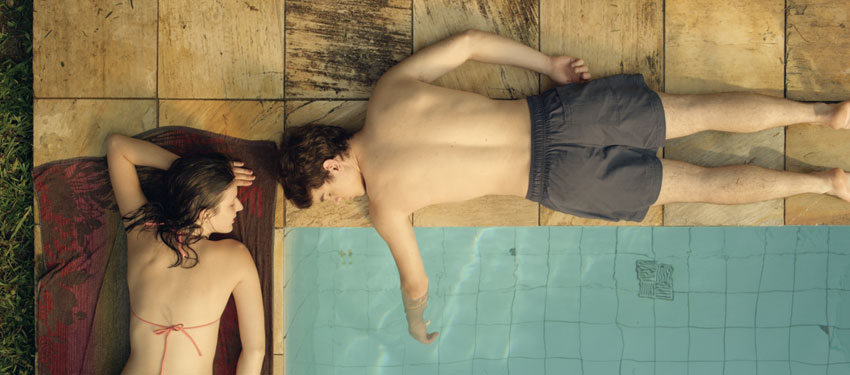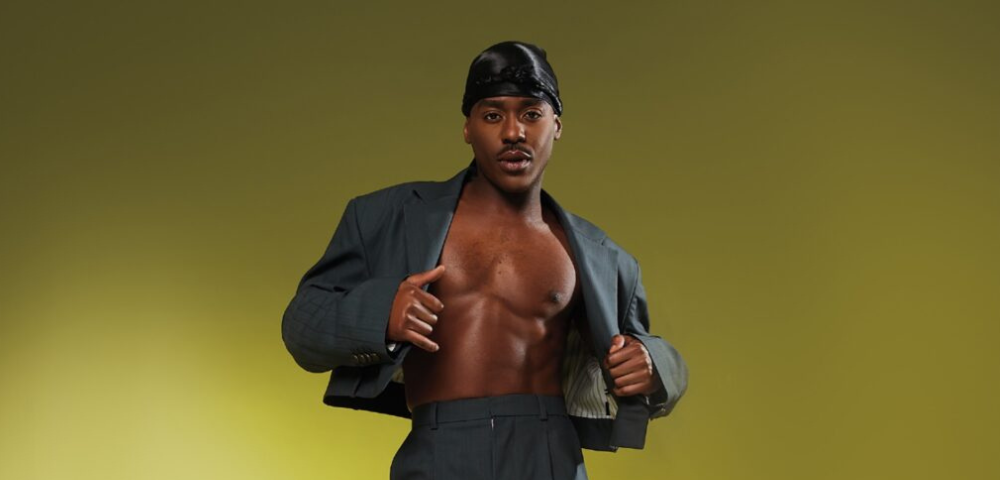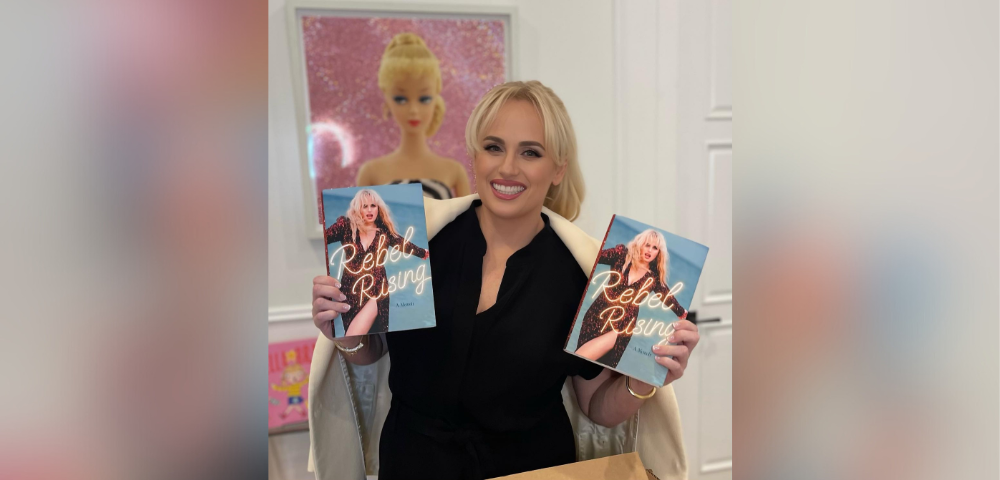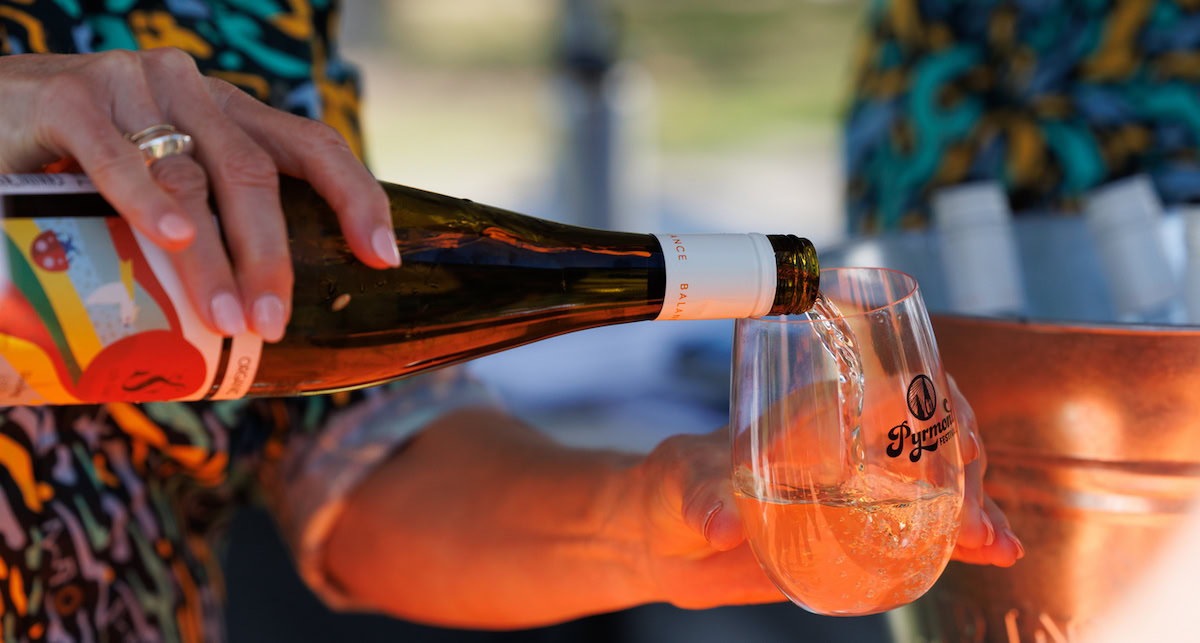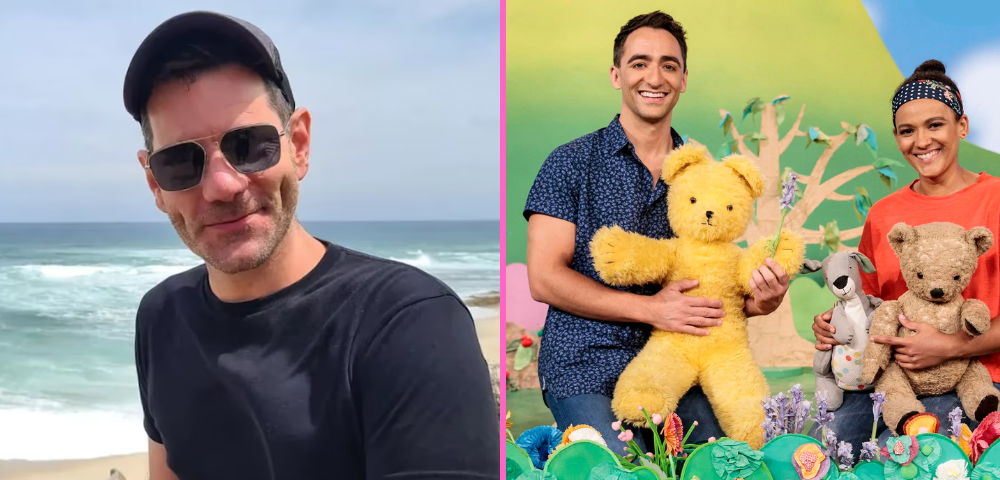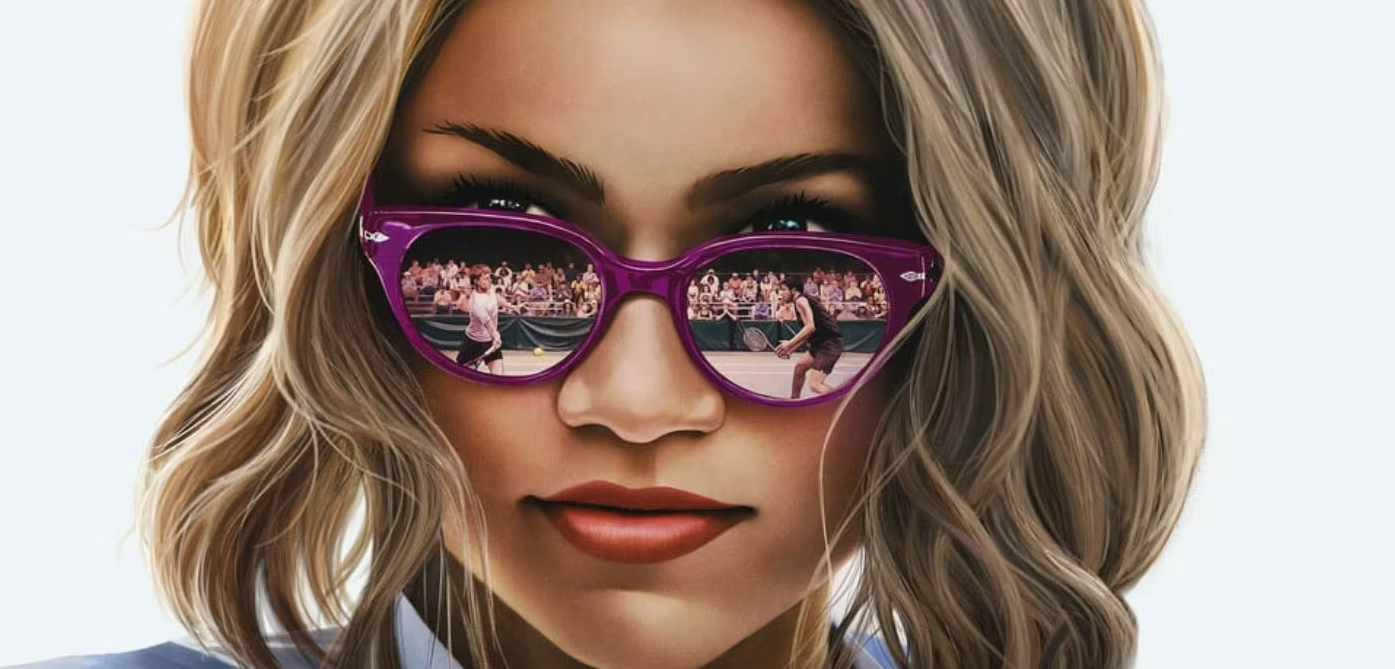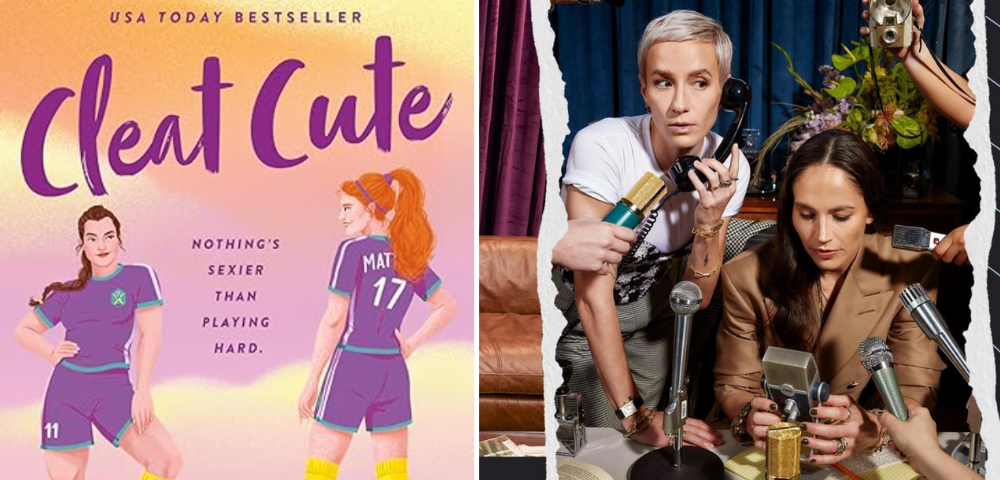
A utopical view of teenagehood
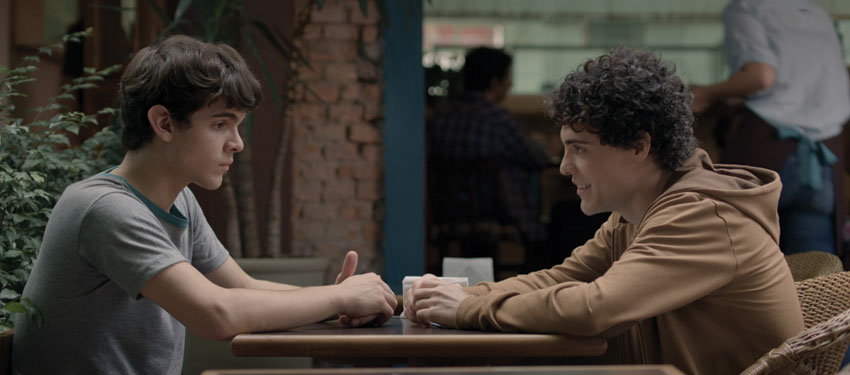
JUST like many emerging filmmakers around the world, Daniel Ribeiro wanted his first feature film to be a realisation of his desire to see himself represented on the big screen in some way.
And the Brazilian has done just that, producing and directing The Way He Looks, a gay coming-of-age film set to premiere in Australia next month at the Queer Screen Film Festival.
“For my first film, I wanted to make a movie for my 16-year-old self, a film that would have given me hope when I was a teenager,” Ribeiro says.
“When I was a teenager discovering my sexuality, I wanted to see myself represented in movies.
“One of the reasons I became a filmmaker was to portray gay characters that I thought weren’t on the big screen.”
The Way He Looks focuses on Leonardo, a blind teenager dealing with bullies in the schoolyard and an overprotective mother at home, and Gabriel, the new kid at the school. The two quickly strike up a friendship and with Gabriel’s help, Leonardo not only discovers the world around him in new ways, he also discovers his sexuality.
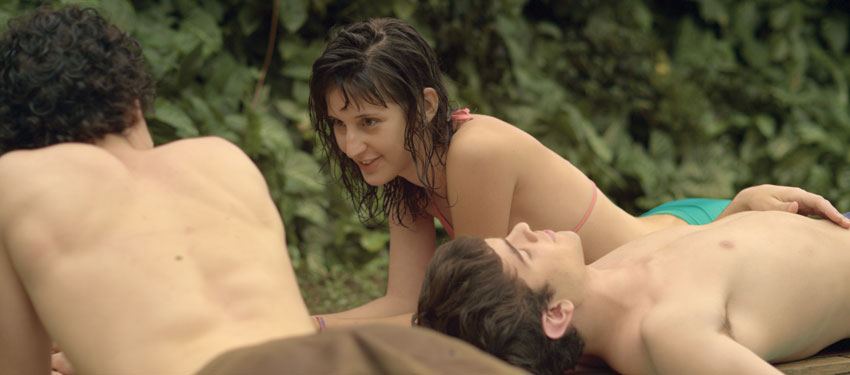
Ribeiro says the film draws upon his own experiences as a teenager discovering his sexuality.
“I think the themes portrayed in the film have something to do with my own experiences. My first love, first kiss, changes in friendships, blossoming of feelings,” he says.
“One of my intentions with the film was to create a story that not only LGBTI community would relate to, but that would also dialogue with different cultures.
“In a way, the film is kind of an utopical view of teenagehood.”
However, Ribeiro stresses that the sexuality of the film’s characters are irrelevant and that his main focus was portraying two people failing in love.
“The main character’s conflicts do not revolve around the fact that he’s gay, it’s all about falling in love,” he says.
“That makes his doubts relatable to anyone, independent of their sexual orientation.”
The basic structure for The Way He Looks was based on Ribeiro’s 2010 short film I Don’t Want To Go Back Alone, which also starred Guilherme Lobo and Fabio Audi playing the roles of Leonardo and Gabriel, respectively.
Earlier this year, The Way He Looks received acclaim from critics when it had its first-ever festival screening at the Berlin International Film Festival. So much so that to Ribeiro’s surprise, it won the FIPRESCI Prize for best feature film in the festival’s Panorama section, and the Teddy Award for best LGBTI-themed feature film.
“It was very exciting to receive these awards, especially in such a big festival with a lot of talented directors and wonderful films,” he says.
“When the film started being selected to international film festivals, I was very happy to see that even people from different places, cultures and who spoke different languages, were able to relate to characters representing the Brazilian youth.”
When asked about the Brazilian film industry and how open and accepting it was when it came to LGBTI characters and themes, Ribeiro was happy to boast about its diversity.
“The Brazilian film industry is very open to diversity specially because it is composed of a lot of independent production companies,” he says.
“There is a big wave of films with gay characters in Brazil and that’s because so many gay filmmakers are writing and directing films.”
He also highlighted how the conservative, religious views of many Brazilians are being challenged.
“São Paulo, where I live, is a very cosmopolitan and diverse city, with a big gay community. It’s very easy to feel comfortable with your sexuality here,” he says.
“Having said that, we also have problems with violence and hate crimes even in a city like São Paulo.
“A society that wasn’t used to seeing gays and lesbians, is now getting accustomed to it but it hasn’t been an easy change.”
The Way He Looks is the opening film of the Queer Screen Film Festival, September 17–21.
The full list of films has just been released. For details and tickets, visit queerscreen.org.au
**This article first appeared in the brand new August issue of the Star Observer, which is still available in Melbourne, Sydney, Brisbane, Adelaide and Canberra. Click here to find out where you can grab your free copy.
